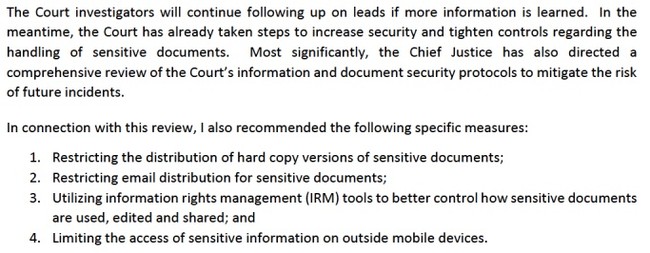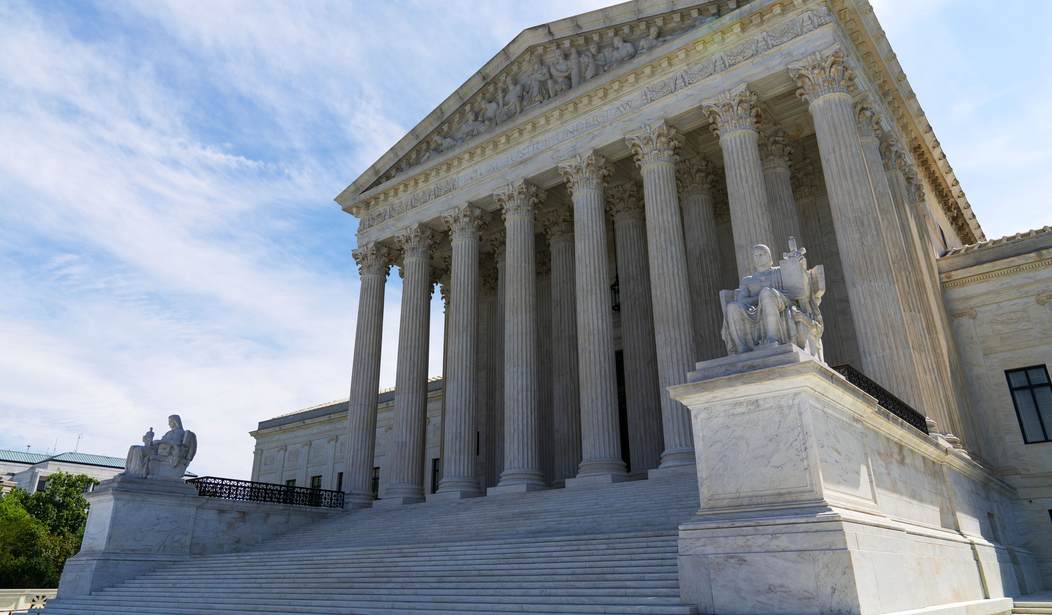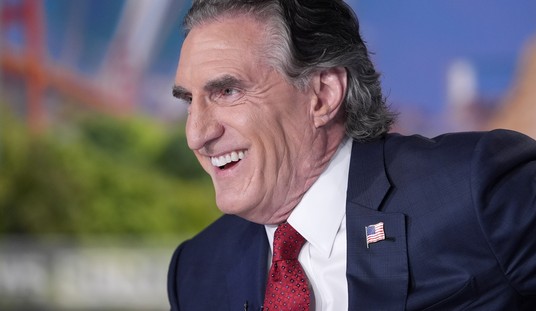Who leaked the Supreme Court’s draft decision on Dobbs, the case that overturned Roe? It’s been the biggest political whodunit in years, with scores of potential perps. We have waited since early May to discover the identity of the thief and the true motive for leaking it out.
Chief Justice John Roberts promised a thorough investigation to get to the bottom of the crime. What did he find out? Well … it was an inside job — which everyone pretty much assumed from the start.
And that’s pretty much it. The court threw its hands in the air just a few minutes ago, apparently for good:
The Supreme Court announced on Thursday that an internal investigation had failed to identify the person who leaked a draft of the opinion overturning Roe v. Wade, the 1973 decision that had established a constitutional right to abortion.
In a 20-page report, the court’s marshal, responsible for overseeing the inquiry, said that investigators had conducted 126 formal interviews of 97 employees, all of whom had denied being the source of the leak. Investigators also found no forensic evidence by examining the court’s “computer devices, networks, printers and available call and text logs,” the report said.
Several employees of the court did admit to investigators, the report said, that they had told their spouses or partners about the draft opinion and the vote count in violation of the court’s confidentiality rules. But the investigation did not determine that any of those discussions led to a copy of the draft opinion becoming public.
The nine justices didn’t want to leave it at that, or so it seems. Once the court’s marshal informed them that the case was going nowhere, they brought in former Homeland Security Secretary Michael Chertoff to review the case. Chertoff also threw up his hands:
Recently, this Court consulted Michael Chertoff. Mr. Chertoff is a former Secretary of Homeland Security, Judge of the U. S. Court of Appeals for the Third Circuit, Assistant Attorney General for the Criminal Division of the U. S. Department of Justice, and U. S. Attorney for the District of New Jersey. We invited Mr. Chertoff to assess the Marshal’s investigation. He has advised that the Marshal “undertook a thorough investigation” and, “[a]t this time, I cannot identify any additional useful investigative measures” not already undertaken or underway. Statement from Michael Chertoff 1 (2023). A copy of Mr. Chertoff’s statement is attached.
The Marshal reports that “[i]nvestigators continue to review and process some electronic data that has been collected and a few other inquiries remain pending.” Marshal’s Report 2. “To the extent that additional investigation yields new evidence or leads, the investigators will pursue them.” Ibid. The Marshal and her team will continue to have our full support.
Chertoff did provide some recommendations to prevent a repeat of the leak:

If those sound a bit basic, you’re not alone. Perhaps the info security at SCOTUS has been lax enough until Dobbs to where these measures weren’t seen as a necessity, but just how poor were those practices that it took Chertoff to recommend these actions in writing? This almost feels like a way to justify Chertoff’s efforts by tossing in the obvious.
One value Chertoff indisputably brings, however, is an instant rebuttal to claims that the court is covering up for the leaker. If the perp was someone whose identity would embarrass the court — such as one of its nine justices — they never would have brought an outsider into the investigation. (Glass Onion notwithstanding.) That may not convince everyone that this is a failure rather than a cover-up, but it will largely take the latter off the table.
So what now? At least according to the Supreme Court statement, the investigation isn’t officially over. They just have no leads and no new investigative techniques left to use, that’s all. If someone wants to drop a dime on the leaker, the marshal will take the call, I guess. Otherwise, it sounds like it’s over.
The big question is where all of this ambiguity leaves the justices, who rightly felt betrayed over the leak. Tensions had already grown on the court, but after the leak those started playing out more in public. This result won’t help soften the hard feelings or suspicions, and might make the normal process a lot more difficult.
Update: We can bet that the judiciary committees of both chambers of Congress will demand some answers about this, now that the court has given up. I’d bet both committees will have demands for briefings at the court by close of business tomorrow, if not sooner.








Join the conversation as a VIP Member